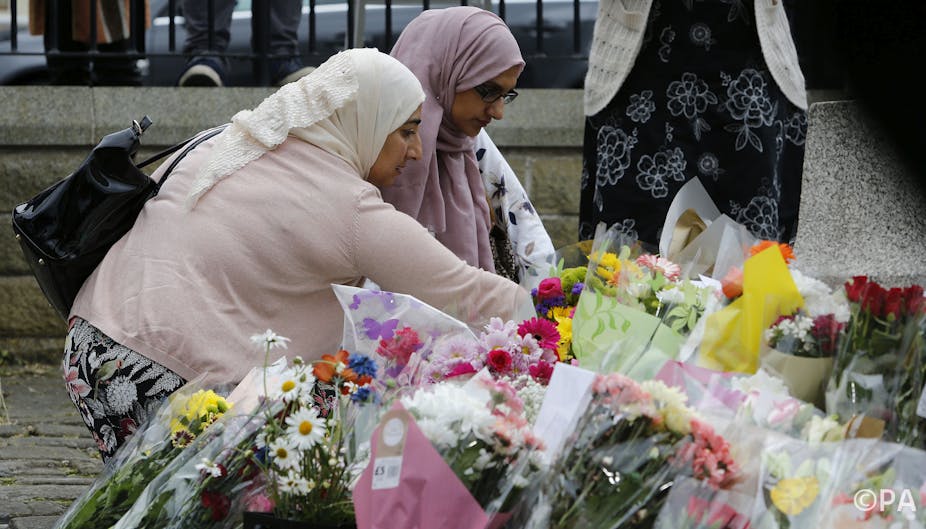The death of Jo Cox MP, outside her constituency surgery on June 16 is deeply shocking and raises so many questions about the way we think and talk about our elected representatives. She was going about her business serving her constituents in a personal way. It is all the more upsetting because that is so much part of the everyday life of an MP.
I served as a member of parliament for 18 years, and as a local councillor before that. In that time I held hundreds of constituency surgeries and met thousands of my constituents face-to-face to discuss their problems and listen to their concerns.
For most people, the work of a MP is what they see or hear on the media, the grand ceremonial occasions such as the state opening of parliament, the weekly theatre of Prime Minister’s Questions, a media interview, a picture in a local newspaper. The constituency surgery is an altogether more intimate and personal thing. Yet most people never encounter their MP in this way, and would never book an appointment or just turn up to see them at a surgery.
Reality check
As a rule I held three surgeries a month, I rotated them around the constituency holding them in libraries, churches, supermarkets, wherever people would find it easy to get to. I held a mixture of appointment and open access surgeries, some in the daytime on a Friday, some at weekends on a Saturday. Generally they would run for between two and three hours, occasionally longer.
The constituency surgery can offer the MP a reality check – it certainly grounds you in the lives of those you are elected to represent. The range of issues, big and small, that people come to talk to their MP about is very wide.
The people who came to see me over the years were from all walks of life with all sorts of issues and expectations about what the MP could do for them. Some came well prepared, able to tell their story quickly and clearly. Others needed more time and patience to coax from them the key details that made it possible to take up their case. Some would become repeat visitors in pursuit of a resolution to an injustice as they saw it. For others it was hard to pin down what they were seeking.

I always took the view that I should approach the surgery in a non-judgemental way, trying to work with the constituent to find a solution. In most cases, a single meeting and some correspondence was all that was necessary or possible. For others it was more complicated and took much longer.
Anger can spill over
Managing expectations is not always easy. Sometimes the MP becomes the messenger, the bearer of bad news. Then, I had cases where people wanted to find someone to blame for their predicament. That blame transferred to me as the MP or my staff and could spill over into angry words, in print, on the phone or face-to-face.
I would normally take my appointment surgeries on my own and at my open access surgeries I would have a volunteer assistant to meet and greet constituents. Personally, I never felt threatened in my constituency surgeries.
But occasionally I did have to deal with very angry people. And it can be small things that trigger a strong reaction. I recall one constituent came to see me and took great offence when I looked at my watch to check the date to record on my casework notes – he thought I was looking at the time and was not interested in what he had to say. That body language soured the relationship and made me more careful in the future.
When Nigel Jones, the former MP for Cheltenham, was attacked by a man wielding a sword (his assistant was killed and he sustained serious injuries to his hands) in 2000 there was a flurry of advice to MPs by the parliamentary authorities and police about safety. There are simple things such as always having help on hand, only having appointment surgeries, making sure you know where the exits are. But I am not sure there is any new measure that can be taken to protect MPs if someone really wants to do them harm – as was so tragically the case for Jo Cox.
The constituency surgery is a place where an MP comes face-to-face with the daily lives of his or her constituents. In an age when MPs are so often criticised for being out of touch and remote, it is something we should prize.

